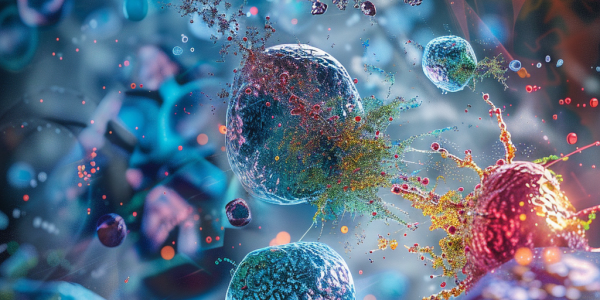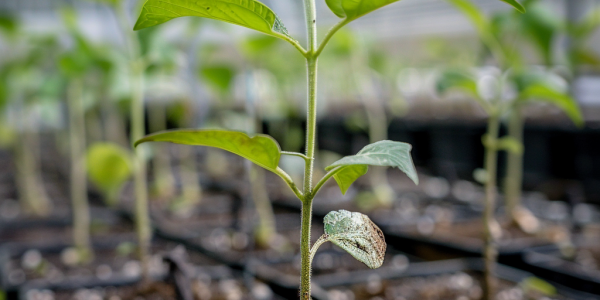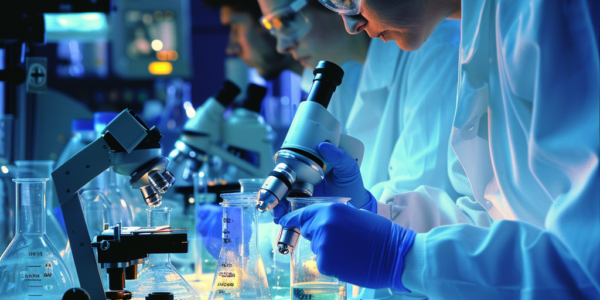Cornell Study Reveals Insights into Muscle Regeneration and Aging
Cornell University engineers have revealed new insights into muscle regeneration and aging, highlighting how immune cell interactions and stem cell states change over time. Their study, published in Nature Aging, identifies critical factors affecting muscle repair in older mice, paving the way for potential therapies to combat age-related muscle degeneration.
Breakthrough Study Reveals ‘Dancing Molecules’ for Cartilage Repair
A groundbreaking study from Northwestern University reveals a novel injectable therapy using innovative ‘dancing molecules’ to repair damaged cartilage cells. This research, published in the Journal of the American Chemical Society, showcases how synthetic nanofibers can stimulate cellular receptors, offering significant advancements in regenerative medicine and potential treatments for conditions like osteoarthritis.
Key Discovery in Plant Regeneration Research
Researchers from the Institute of Genetics and Developmental Biology have identified REGENERATION FACTOR1 as the primary local wound signal triggering plant regenerative responses. This groundbreaking study sheds light on enhancing crop regeneration capacity through genetic modifications, offering valuable insights into plant wound responses and crop resilience.
Groundbreaking Study Reveals Potential for Self-Repair and Regeneration in the Human Heart
Groundbreaking study published in Nature Cardiovascular Research reveals potential for human heart self-repair and regeneration, offering hope for paradigm shift in regenerative medicine. Research challenges existing paradigm, suggesting targeting microenvironment rather than specific cell type is instrumental in healing the injured heart.




